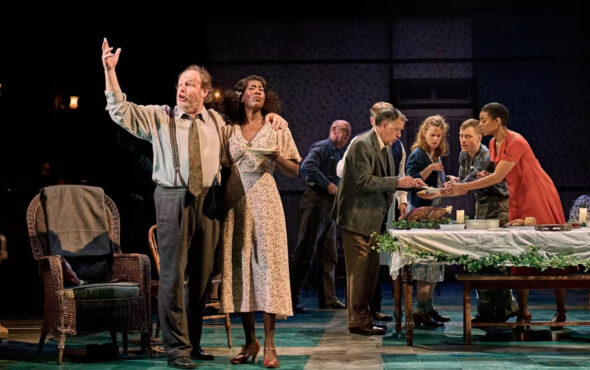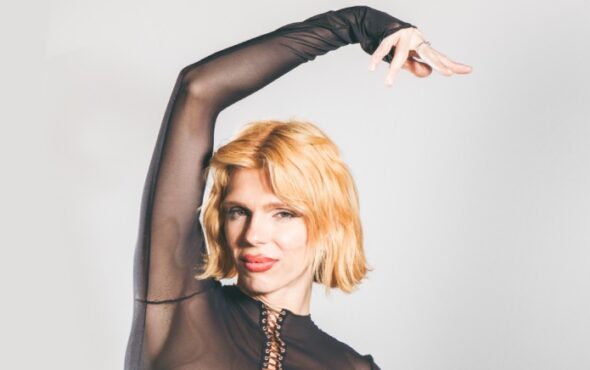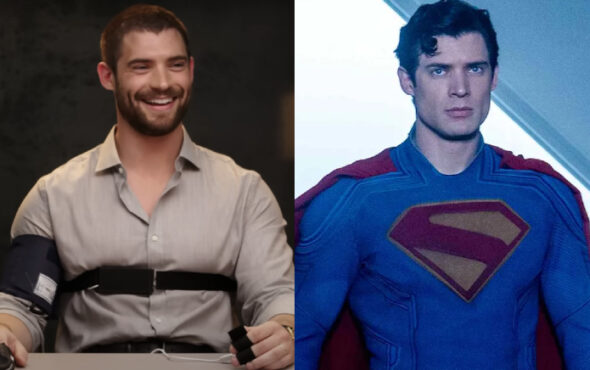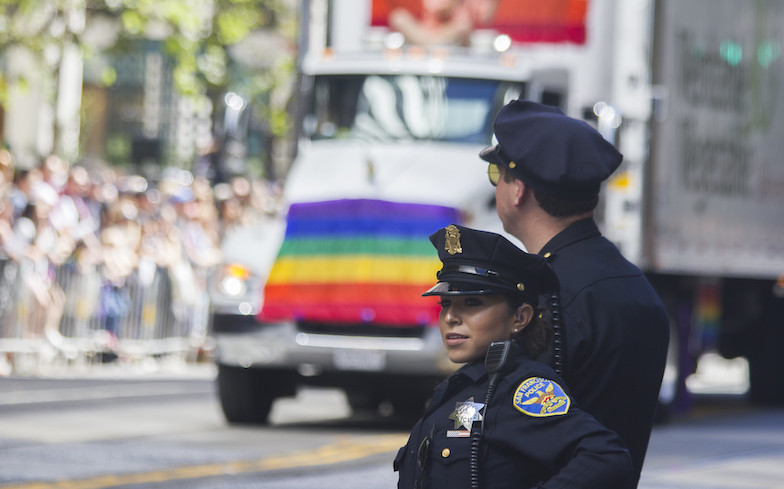
“Police continue with racist violence to this day, just as they did in 1969 during the Stonewall riots.”
The protests and demonstrations that have erupted across the United States – and the world – against police brutality and racism have resulted in calls for police to be permanently banned from future Pride marches.
Pride events are often surrounded in controversy for allowing police to participate in the parades, due to the LGBTQ+ community’s complicated and volatile history with authorities.
In 1969, the modern LGBTQ+ rights movement began after police stormed the Stonewall Inn in Manhattan’s Greenwich Village. Homosexual acts were illegal in NYC at the time, so queer clubs were often subjected to police harassment.
Black trans activist Marsha P. Johnson and Hispanic trans activist Sylvia Rivera fought back, as well as drag king of colour and “butch lesbian” Stormé DeLarverie. The riots are now credited with giving LGBTQ+ people the rights they have today.
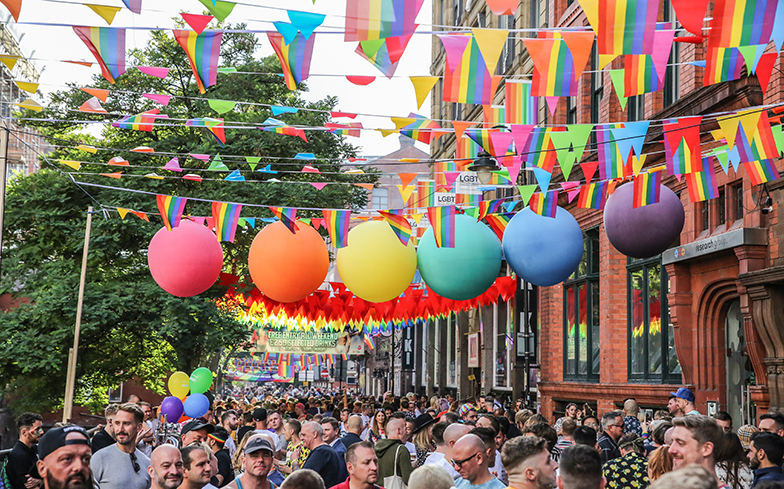
To celebrate the one year anniversary of the Stonewall Riots in 1970, Chicago Gay Liberation hosted Pride marches in Los Angeles and Chicago, which are now notable for being the first Pride events in United States history.
Because Pride originated from the discrimination and brutality towards the LGBTQ+ community at the hands of police, it’s been questioned over the years as to whether they should be permitted to participate in the parades.
The murder of 46-year-old Black man George Floyd at the hands of a white police officer in Minneapolis, among hundreds of others racially-motivated killings in the US, have only sparked further calls for them to be banned.
Natalie James, co-founder of the 2018 Reclaim Pride Coalition – which demanded for police to have less presence Pride – told Openly: “The police continue with racist violence to this day, just as they did in 1969 during the Stonewall riots.”
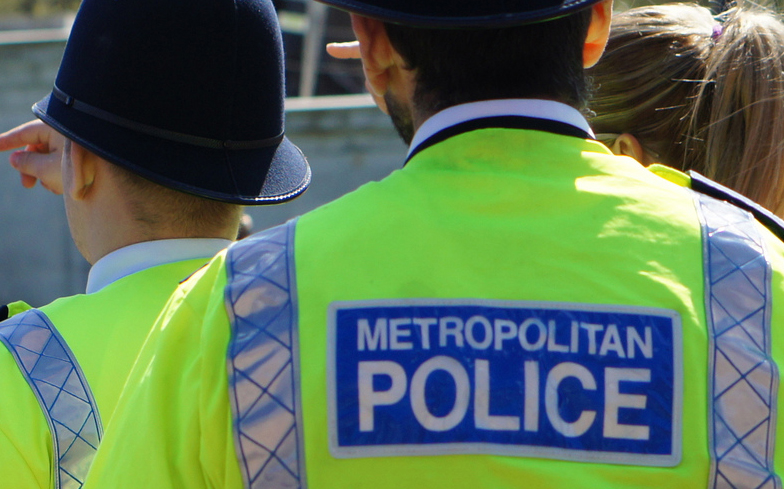
Imara Jones, trans activist and creator of TransLash – an organisation devoted to amplifying trans voices – also said: “Oftentimes people can see at Pride the police presence as being inflammatory. On the other hand, there are members of the police that are LGBTQ, and I think that there’s some tension about how they can be recognised.”
Joe Couto, a spokesman for the Ontario Association of Chiefs of Police, acknowledged the “hurt and the pain that is historical in the relationship between police and the LGBTQ+ community,” but said queer officers would be in a “difficult position” if they couldn’t march in the Pride parades.
Cuoto, who reportedly researched LGBTQ+ police officers in Canada, explained further: “Gay police officers, they want to be part of Pride, they want to be part of the community, they want to be bridge-builders.”
To help in the fight for racial equality, visit here or the links below.
Here’s how you can donate to the Black Lives Matter movement in the US.
Here are some incredible anti-racism charities you can donate to in the UK.
10 books about racism and Black lives white people should be reading right now.
9 documentaries about racism and Black lives white people should be watching right now.

